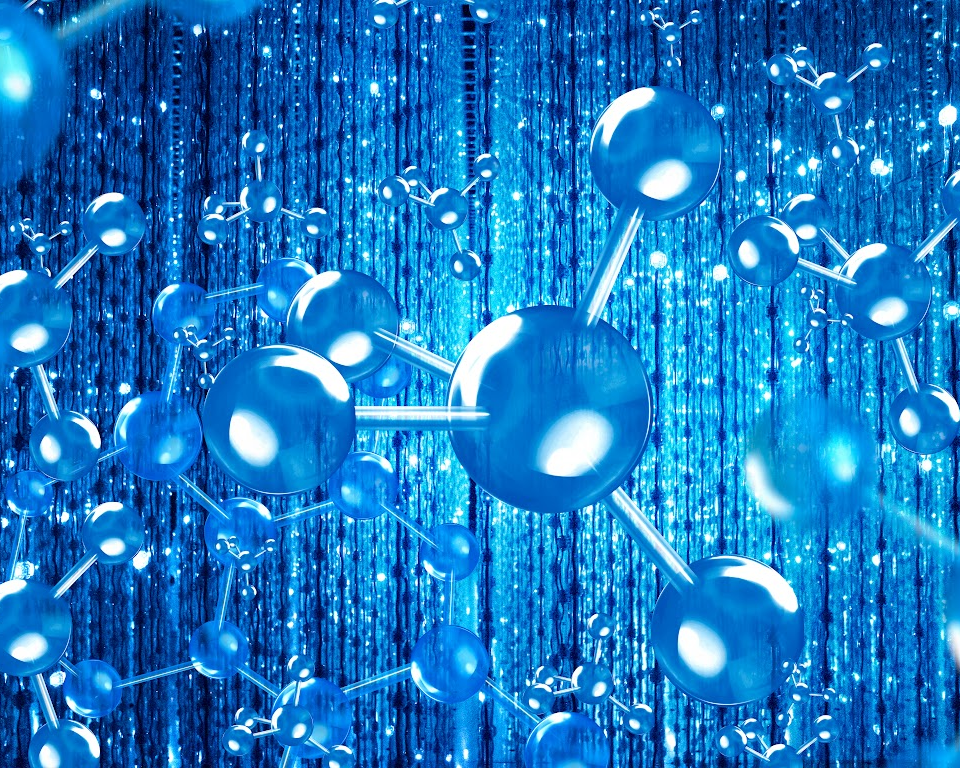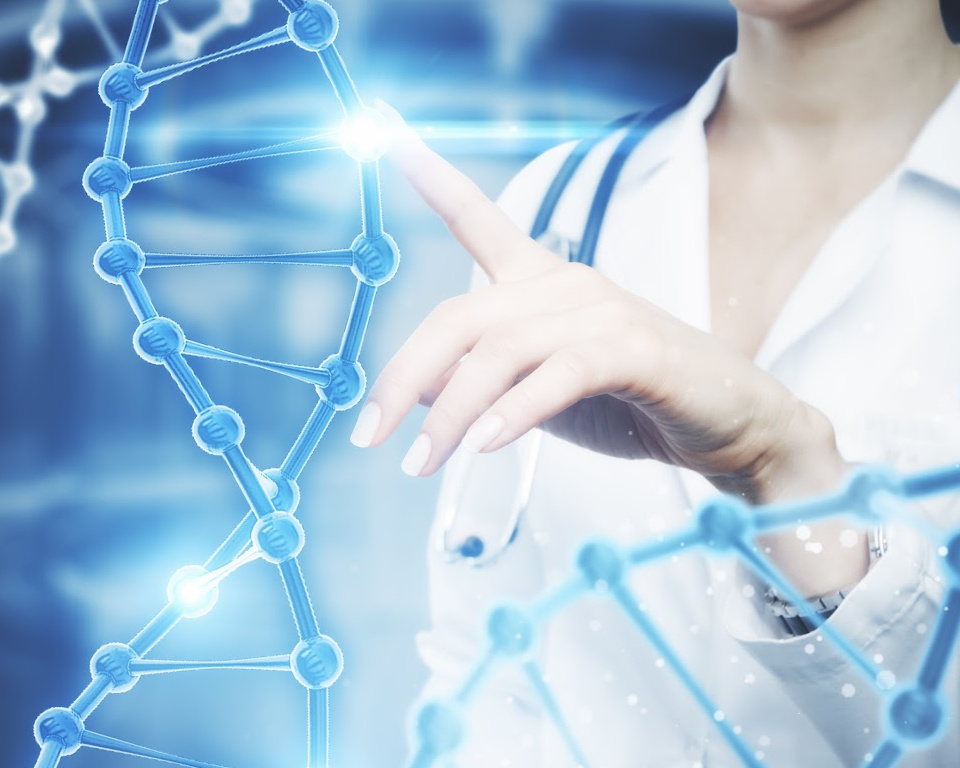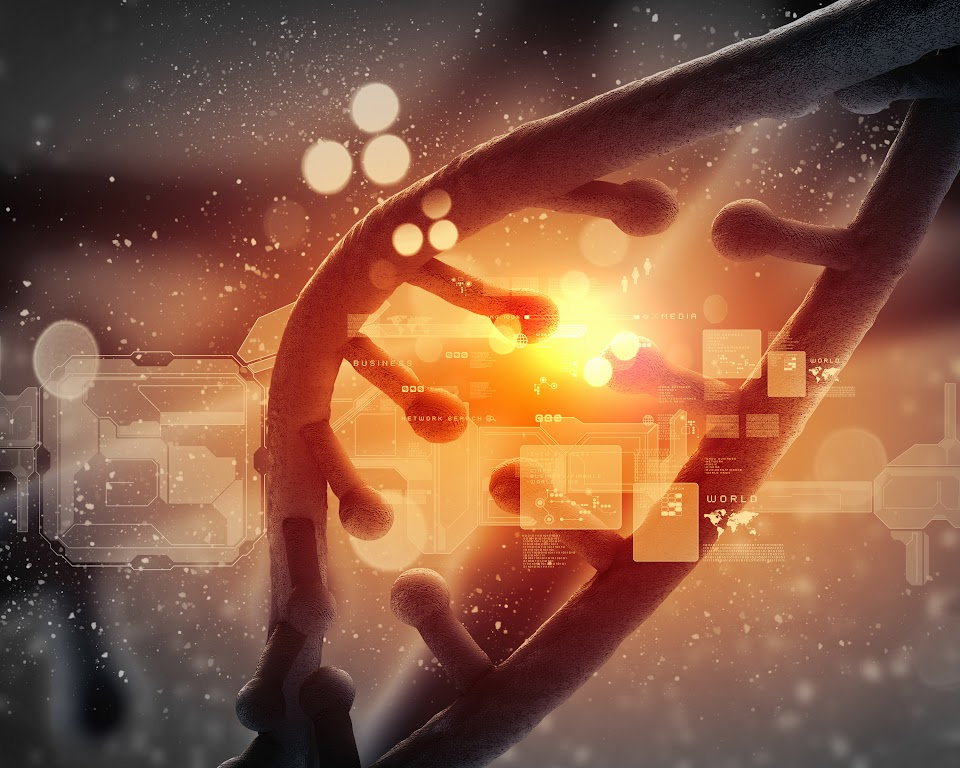It's crucial to know that students with autism and ADHD need special study strategies. Autism…

How Many Chromosomes Does an Autistic Person Have? Let’s Explore
Autism spectrum disorder (ASD) stands out as a complexity within the interwoven threads of our genetics, shaping unique experiences and challenges from a young age. Marked by difficulties in social interactions and communication, alongside a pattern of repetitive behaviors, ASD’s roots lie deep in the hidden corridors of our DNA. It sparks vital discussions about the autism chromosomes and the genetic basis of autism.
Unraveling these mysteries demands a dive into the nuances of chromosome abnormalities in autism and the associated autism genetic factors. As research forges ahead, we garner greater insights, allowing us to foster understanding and develop support that resonates with the essence of neurodiversity. Join us as we decode the genetic blueprints and illuminate the oft-misunderstood world of ASD.
Understanding Autism Spectrum Disorder and Chromosomal Basics
Autism Spectrum Disorder (ASD) reveals itself through a tapestry of complex behaviors and is intimately linked to genetic factors, specifically autistic traits and chromosomes. The emergence of ASD can be correlated with chromosomal variations linked to autism, marking a significant interest for researchers and healthcare professionals alike. Individuals with autism often face challenges related to executive functions and emotional regulation – poignant reminders of the difficulties faced in areas such as planning, decision-making, and impulse control.
Further complicating the landscape are the chromosome disorders in autism, which contribute to a range of psychiatric conditions such ADHD, anxiety, and unique behavioral patterns. The nuanced differences in how these behaviors manifest in those with ASD, as compared to other disorders, underscore the unique confluence of social cognition, sensory processing, and genetics. It is within this intersection that we must navigate to provide support and understanding for individuals with ASD.
- Behavioral Challenges in ASD
- Emotional regulation and impulse control difficulties
- Executive function deficits impacting cognitive control
- Social and Sensory Processing
- Unique challenges in social cognition
- Sensory processing differences influencing behavior
- Genetic Underpinnings
- Connection between chromosomal variations and behavior
- The role of genetics in neurodevelopment and ASD expression
With this understanding, it becomes evident that behind the behavioral complexities are layers of genetic interactions a puzzle that continues to shape our perspective on autism. Whether it’s finding ways to support executive function or unraveling the genetic tapestry that influences ASD, we stand on the brink of greater comprehension and more effective support systems for autistic individuals.
Identifying Autism-Related Chromosome Variations
Groundbreaking autism genetics research is unveiling the genetic intricacies of autism spectrum disorders (ASD), progressing toward a more nuanced understanding and improved genetic testing for autism. These genetic revelations are critical for discerning the precise nature of the condition and spearheading the drive for personalized care and interventions.
The Genetics of Autism: Exploring Chromosome Abnormalities in Autism
ASD is often described as an autosomal disorder with the primary genetic aberrations believed to be located among the 22 pairs of non-sex chromosomes. The subtleties of these chromosomal differences are gradually being decoded through meticulous research. Initial findings have posited a strong genetic influence on ASD onset and a subsequent development of genetic models to better grasp this link. These models aid in interpreting the broad span of symptoms and variances seen in autism, reinforcing the notion of its intense genetic underpinning.
- Early studies highlight a significant genetic contribution to the development of ASD.
- Concordance in monozygotic twins supports the genetic hypothesis.
- Gene variations play a pivotal role in the risk and age of onset for ASD.
Recent Advancements: Autism Genetics Research and Key Discoveries
The latest autism genetics research provides a richer understanding of autism’s genetic landscape. The Autism Speaks MSSNG project, a pioneering genome sequencing initiative, has discovered key new discoveries in autism gene variations, with 18 newly identified risk variants adding to a growing list of over 60. The implications for treatment and personalization are profound, with these genetic markers offering critical insights into both the challenges and potential breakthroughs in therapeutic strategies for autism.

- Identification of 18 novel gene variations increases the understanding of autism risk.
- 61 genetic variations associated with autism spectrum disorders have been identified to date.
- Insights from these variations inform the development of targeted medical interventions.
New research not only illuminates pathways to potential remedies but also advances our recognition of neurodiversity within the autism spectrum. The presence of certain gene variations, even sans a diagnosis of ASD, adds further depth to our understanding and articulates the inherent diversity of the disorder’s expression. This progress enhances the conversation surrounding autism and catalyzes more precise, effective treatments tailored to the unique constellation of traits and challenges faced by individuals with autism.
How Many Chromosomes Does an Autistic Person Have?
When exploring the genetics of autism spectrum disorder (ASD), a key focus area is the structure and function of chromosomes. Chromosome counts in individuals with autism is a subject surrounded by myths and truths. A prevalent myth is the belief that the number of chromosomes differs in autistic individuals compared to the neurotypical population. However, this is not the case.
Chromosome Counts in Autistic Individuals: Challenging Misconceptions
The core fact to address when challenging misconceptions about autism and chromosomes is that most those diagnosed with ASD possess the standard chromosome count: 46 chromosomes, configured into 23 pairs. However, rather than the quantity of chromosomes, it is the distinctive chromosomal variations in autism that warrant attention. This differentiation is essential for accurate understanding and advocacy.
Chromosomal Variations Linked to Autism: Beyond the Basic Count
When considering autism, the importance lies not in the chromosome count, but in the understanding chromosomal variations in autism. Researchers focus on specific anomalies within these chromosomes, including:
- Gene mutations
- Copy number variations
- Structural chromosomal abnormalities
Found within the standard chromosomal count, these variations hold the key to grasping the complex nature of ASD and developing individualized therapeutic options.
Investigating the genetic intricacies of ASD is not just about understanding the condition’s biological underpinnings it’s about paving the way for enhanced diagnosis, more precise treatments, and overall improved outcomes for individuals with autism. With an increased awareness and knowledge base, society can move towards more empathetic and effective support structures for the neurodiverse community.

Conclusion
Summing up, the deep dive into the genetic basis of autism illuminates that individuals on the autism spectrum display the conventional count of 46 chromosomes. However, it is the intricate tapestry woven by the genetic diversity within these chromosomes that sculpts the array of autistic traits and conditions we observe. Indeed, these genetic and chromosomal variations are pivotal to unraveling the vast heterogeneity found in autism spectrum disorder (ASD), opening doors for more nuanced and personalized treatment for autism.
Continued research significantly enhances our understanding of chromosomal variations in autism, spotlighting the multitude of biological pathways affected by these genetic distinctions. This knowledge sharpens the focus on the necessity for innovation in genetic testing, and it underscores the importance of crafting treatment approaches that are acutely attuned to the unique needs of each autistic individual. This commitment to scientific exploration and personalized care holds the promise of markedly improving life experiences for those with ASD.
Progressive initiatives such as the MSSNG project highlight the rich potential that large-scale genetic analyses have in furthering our comprehension of autism. The outcomes of these studies stand to propel forward the level of care and support available to the neurodiverse community, a testament to the enduring quest for an inclusive understanding of the autism spectrum. These genetic inquiries offer hope and insight for a brighter future where each member of the neurodiverse population is fully acknowledged and embraced for their distinctive and intrinsic value.
FAQs
How many chromosomes does an autistic person have?
An autistic person has the typical number of chromosomes. This means they have 46 chromosomes, made up of 23 pairs, just like individuals who are not autistic.
What are autism chromosomes?
“Autism chromosomes” is a term sometimes used to refer to the chromosomes that carry genetic variations or mutations associated with autism spectrum disorder. However, it’s not specific chromosomes that are linked to autism, but variations within the chromosomes that are believed to contribute to the condition.
Are there identifiable chromosome abnormalities in autism?
Yes, research has identified various chromosome abnormalities that are believed to be linked to autism spectrum disorder, such as certain gene mutations, copy number variations, and other chromosomal irregularities.
Can genetic testing identify autism genetic factors?
Genetic testing can sometimes identify genetic variations associated with an increased risk of autism. Researchers continue to discover new genetic factors that may contribute to autism, making genetic testing an evolving and informative area of study.
Does having autism mean having extra or missing chromosomes?
People with autism generally do not have extra or missing chromosomes. Instead, they have chromosomal variations within the typical 46 chromosomes that influence the development of autistic traits.
What role do genetic factors play in autism?
Genetic factors play a significant role in autism. While the exact causes of autism spectrum disorder are still being studied, it is clear that genetics contributes to the risk and development of this complex neurodevelopmental condition.
What is the genetic basis of autism?
The genetic basis of autism refers to the genetic changes or variations that increase the likelihood or risk of developing autism spectrum disorder. This includes a combination of contributing gene mutations, chromosomal abnormalities, and copy number variations.
How do chromosomal variations link to autism?
Chromosomal variations linked to autism can affect genes that are crucial for brain development and function. These variations can disrupt normal cellular processes, leading to the development of autistic traits and behaviors.
Are autistic traits and chromosomes connected?
Yes, autistic traits have been connected to specific chromosomes, or more accurately, to genetic changes and variations found on these chromosomes, which affect brain development and function.
What recent advancements have been made in autism genetics research?
Recent advancements in autism genetics research include the identification of new gene variations that increase the risk of autism, improved genetic testing techniques, and enhanced understanding of how various gene variations contribute to different aspects of autism spectrum disorder.
What key discoveries have been made in autism gene variations?
Key discoveries in autism gene variations involve the identification of numerous genetic variants that are associated with an increased risk of developing autism. These discoveries, such as those from the MSSNG project, aid in creating more personalized treatment plans and improving our overall understanding of autism.
What chromosome disorders are found in individuals with autism?
Chromosome disorders in individuals with autism can include deletions or duplications of genetic material, known as copy number variations, as well as specific gene mutations that impact brain development.



This Post Has 0 Comments